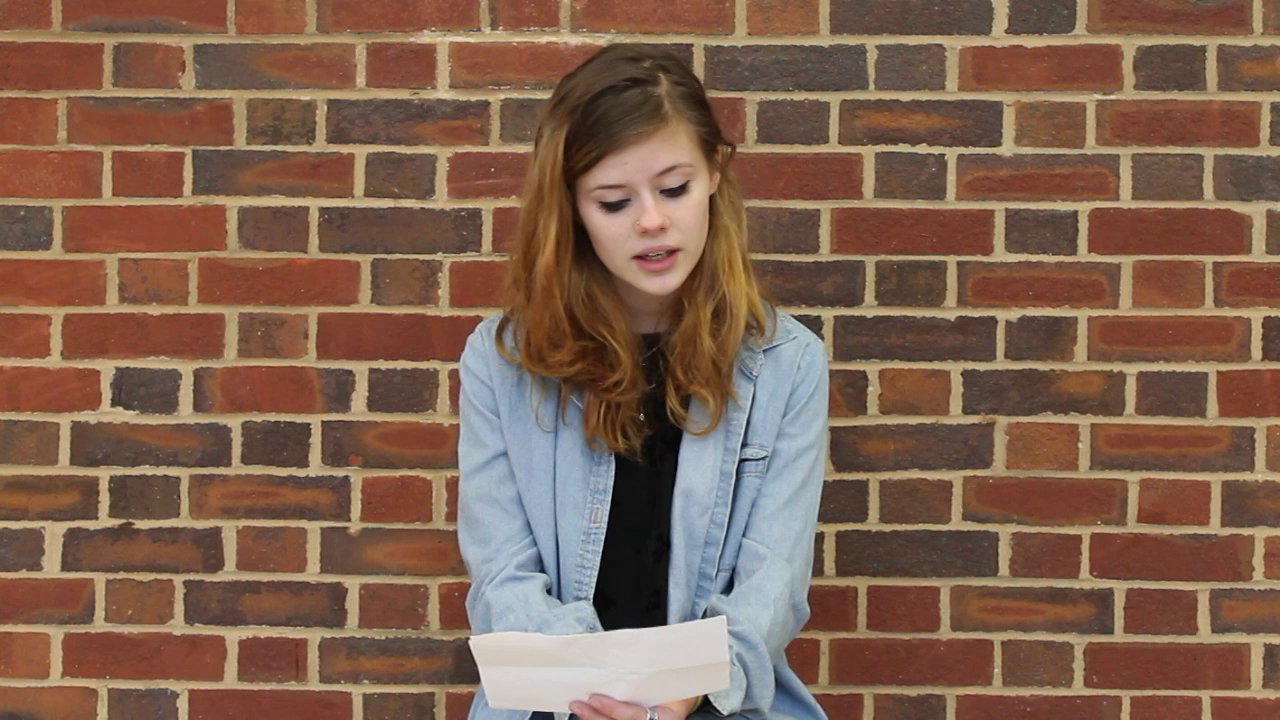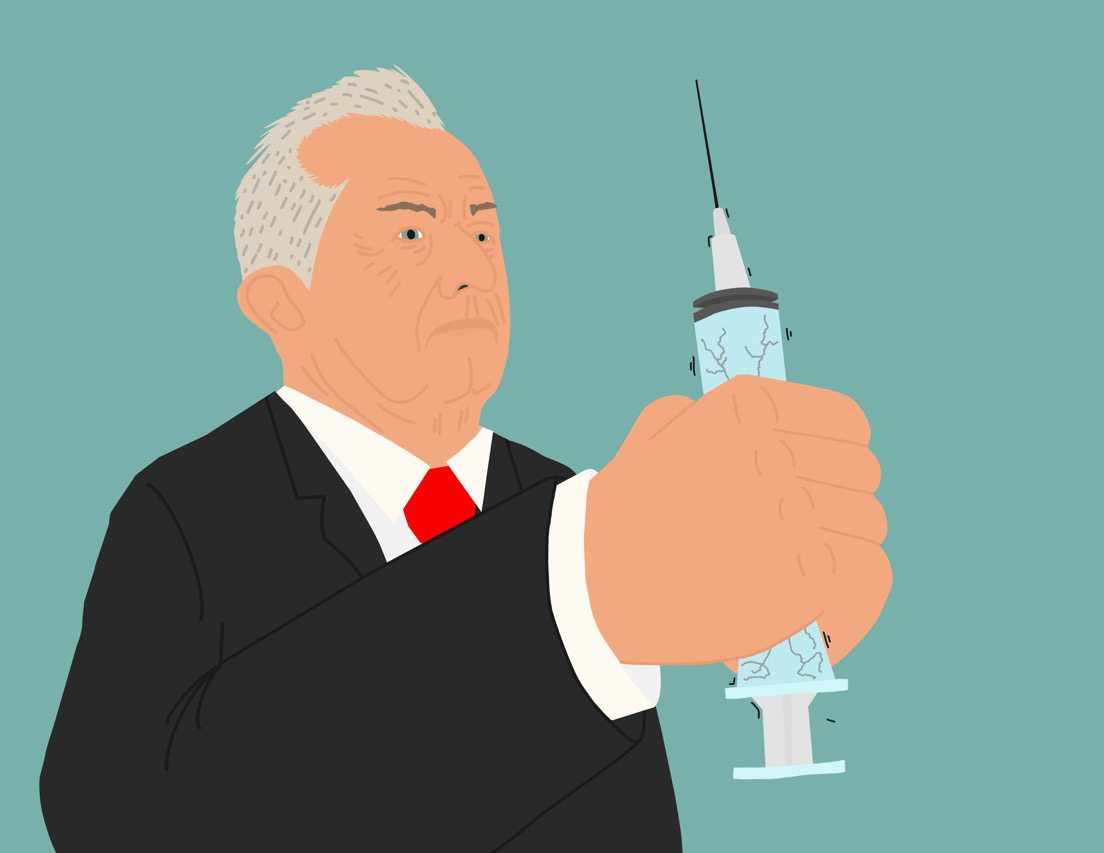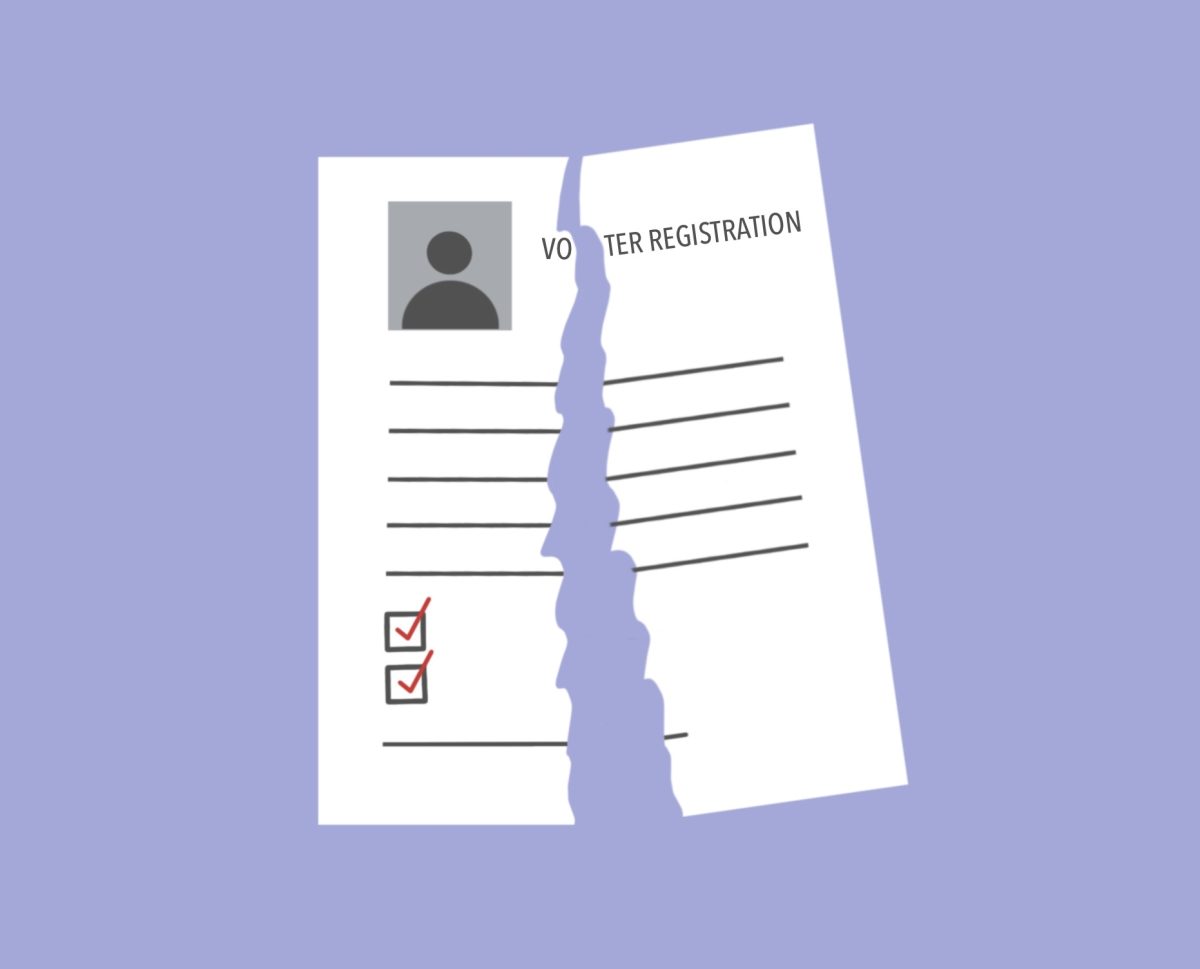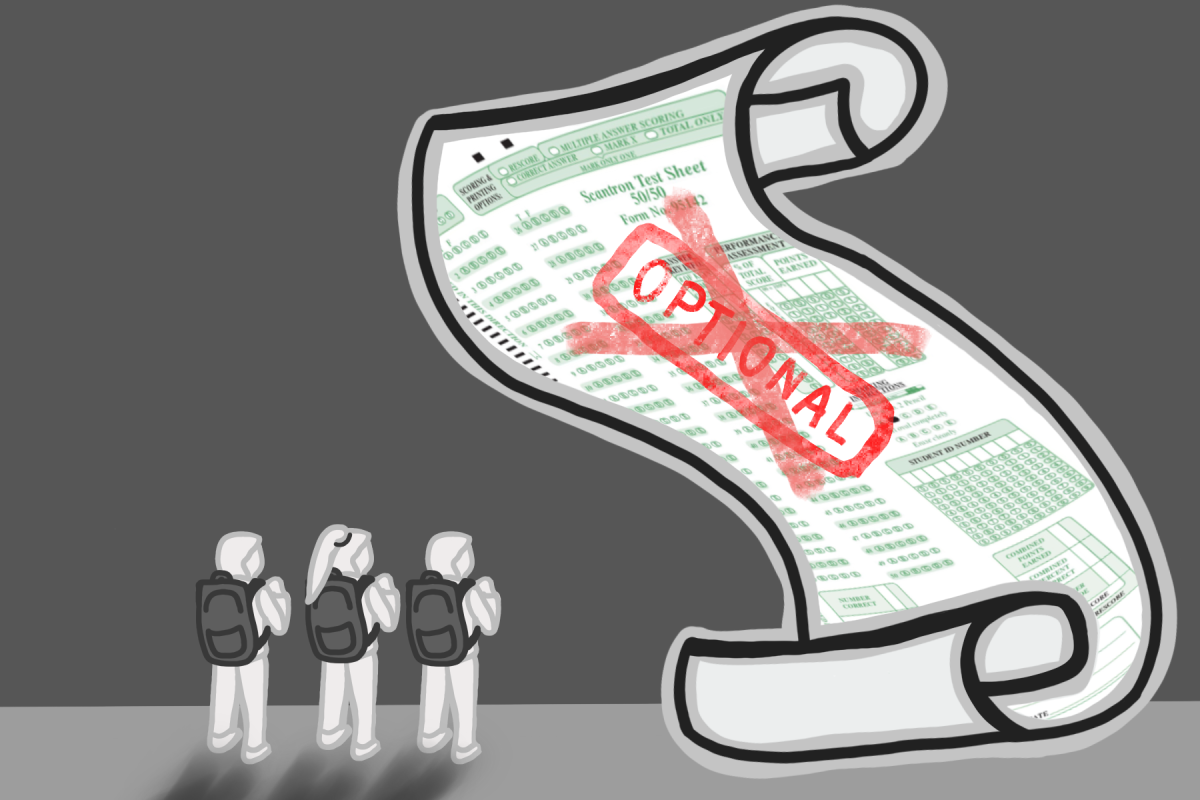It is hard to say “I’m sorry,” yet it happens every day. Sometimes you apologize for small things like bumping into someone on a crowded stairway when going to class, but there can be bigger things to apologize for. The bigger the transgression the easier it becomes to make an excuse instead of saying you’re sorry.
I have been following with interest the APS teachers and administrators who have plead guilty in the CRCT cheating scandal. Fulton Superior Court Judge Jerry Baxter has required that each person who pleads guilty read a letter of apology to the court. Some of the defendants have been so emotional that they have been unable to read their apologies aloud. Instead, standing silently, they have their lawyer read their words for them.
While some direct their letters of apologies just to the judge, others address to parents, students and even the community. Others didn’t apologize at all. Rather, they complain about the bad position they were put in by others.
All of the letters—remorseful or not—are directed at the wrong primary audience. When I read these letters I wondered if it would have been more powerful if these letters could had been read directly to the students, parents and community they affected rather than to a partially empty courtroom filled mostly with other defendants. So I set out to make that happen by making this video.
“I am happy that the students affected will get the necessary tutoring and help that they need to grow academically and become productive citizens. Thanks to those who are making this possible,” said Gloria Ivey former Dunbar Elementary teacher.
Shayla Smith wrote to her former students at Dobbs Elementary, family and friends to say that she “also apologizes if I have disappointed you.”
The tone of each letter is very different, as is the degree of regret. I know it wasn’t easy to write these letters, and I especially want my fellow students, who have endured the trashing of our schools to hear their letters of apology.
The cheating scandal has taught our community hard lessons. As the number of defendants dwindles, and the court cases end, I hope everyone will remember the most important words: “I’m sorry.”














